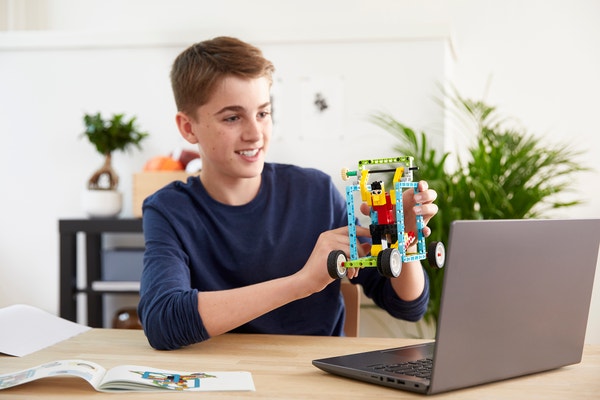Play is Powerful
Children feel stressed for varied reasons and this affects their performance at school and general behavior at home. To combat unhealthy stress, children tend to indulge in play which helps them channelize their energy into more productive areas.
Ask yourself, how would you unwind after a long day at work? Maybe watch your favorite TV show or read a book. Similarly, children feel at ease when they are at play. Thus, it is time we make ‘play’ an important part of our child’s day, instead of robbing them of this wonderful experience.
Why Children Feel Stressed
Babies as young as 6 months can feel stressed and stats show that approximately 5.6 million kids worldwide have been diagnosed with stress. This leads us to understand that anxiety is becoming more common these days. Here are a few reasons that contribute to feeling stressed in a child’s life;
- Stress can be due to the changes the child has to adopt in everyday life. Starting a new activity, going to school for longer hours, taking the bus for the first time, etc. may be some reasons that put undue strain on children.
- Too much worry about schoolwork and examination is a common cause of triggering tension in children.
- Peer group pressure and social interactions with adults, can seem unusual for kids at first.
- Witnessing parents argue at home affects children, especially those who are sensitive by nature.
- Taking part in a school play and facing the audience, may initially seem very scary.
- Attending too many after-school classes (coding, dance, art, & elocution) one after the other can get too taxing.

How Stress Affects Children
To some extent, feeling stressed is good as it motivates the individual to perform better. Healthy amounts of stress help kids solve challenges, build confidence and achieve set goals. The problem arises when it spirals out of hand. Here are some changes that you will notice in your child, that indicate he/she is being negatively affected by stress.
- Changes in eating habits, i.e. eating excessively or losing appetite
- Complaining about aches & pains in the body
- Constant worry & unable to concentrate
- Developing fears and phobias (not being able to sleep in a room alone, fear of strangers, etc.)
- Getting angry and throwing tantrums
- Mood swings that keep changing through the day
- Withdrawal and not wanting to participate in any social events


Combating Stress Through Play
It is our responsibility as adult caregivers and teachers, to make our growing kids feel safe & stress-free by teaching them techniques that will help with relaxation. Play feels liberating and keeps the mind worry-free. According to a survey conducted by famous toymaker LEGO®, it was found that 91% of participants felt better after they played with LEGO® building blocks.
Even schools following the International Baccalaureate curriculum in Dubai & other Middle East regions are now drifting towards the play-way method of studying. This means that the topics of Science & Math are taught in a fun & hands-on manner using intelligently designed modules by LEGO® Learning System. To learn more about LEGO® Education SPIKE™ Prime and LEGO® Education BricQ Motion programs and their availability in the UAE & GCC regions.
Play is therefore the key that helps:
- Release endorphins or happy hormones, that help us maintain our well-being
- Playing chess and solving puzzles improves brain functioning
- When children are relaxed, they feel more creative
- Improves connections with others and fosters lifelong friendships
- Keeps your body active, as you get to move around & use your hands while playing
Focus & concentration can improve by indulging in activities that have challenging levels As we have seen above, play is one of the most effective tools for keeping kids stress-free and positively engaging kids in some tasks. So, next time your child asks for permission to play, don’t be hesitant as it will only do more good than harm.

